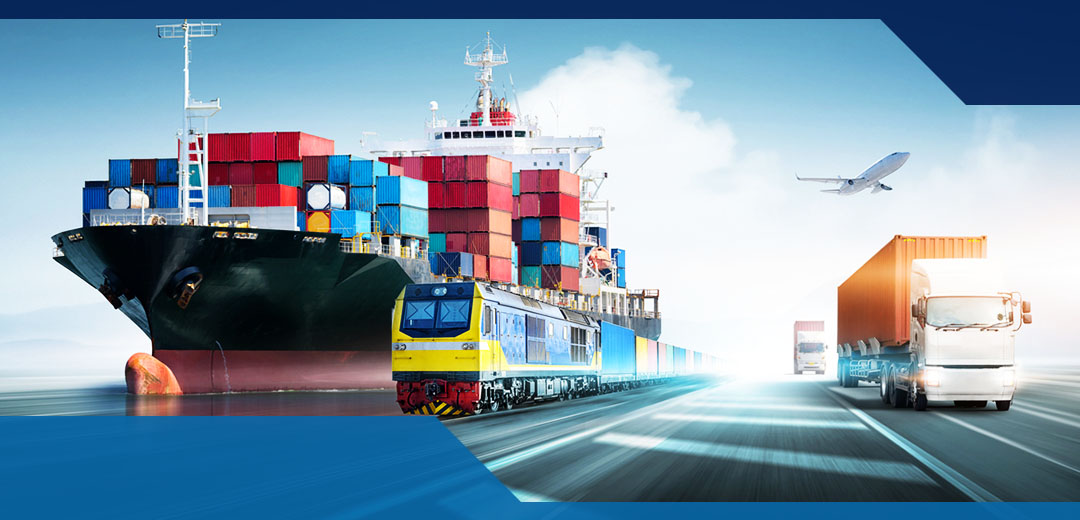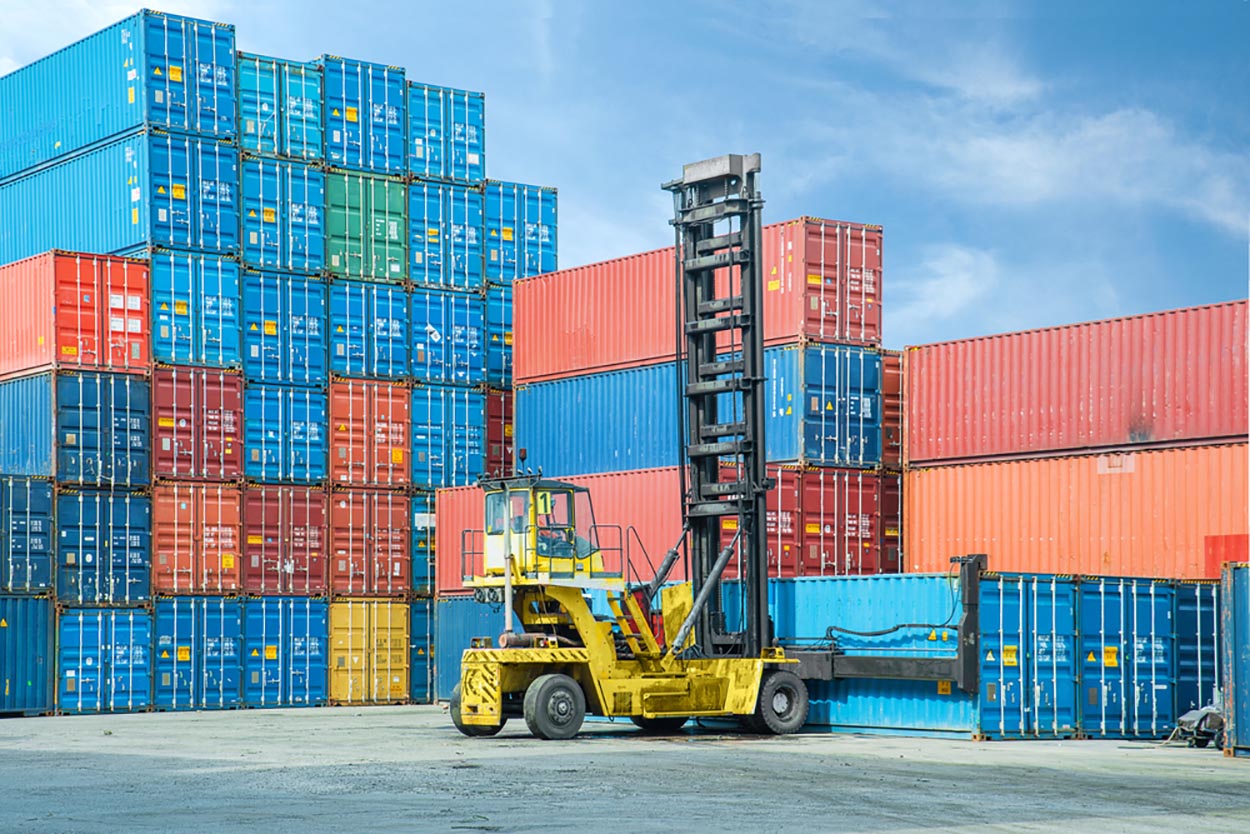Cargo Expedition: Pioneering World Connectivity and Trade
Cargo Expedition: Pioneering World Connectivity and Trade
Blog Article
Cargo journeys are the backbone of international trade and ensure the smooth movement of goods across borders and continents. They play an essential role in connecting suppliers, manufacturers and customers, thus facilitating the world economy. From transporting raw materials for manufacturing to transporting finished products to markets, cargo expeditions make sure supply chains function efficiently. Due to the speed of globalization, the demand for efficient and reliable shipping services has increased dramatically, transforming the industry into an intricate system of logistics, technologies, and infrastructure. Every trade deal that is successful, whether small or large depends on the efficacy of cargo journeys.
The flexibility of cargo trips comes from their ability to adjust to different methods of transport to meet specific needs for shipping. Air freight provides unparalleled speed and is highly recommended for valuable or time-sensitive cargoes like medical equipment and electronics. Ocean freight dominates in terms of volume as it facilitates transport of bulk commodities, such as agricultural commodities, crude oil and vehicles. Transportation on land, comprised of trucks and rail networks, links airports and ports to their destinations. This provides efficient logistics solutions. The integration of these transport methods into multimodal systems enables cargo expeditions to strike an equilibrium between efficiency as well as cost and delivery timelines, making them indispensable for businesses of any size.
The complexity of cargo expeditions requires effective coordination between various participants, which includes shipping companies along with customs authorities and logistics companies. One of the major issues in transporting cargo is coordinating customs clearance as well as international laws. The different countries have their own unique import/export restrictions, tariffs, and paperwork requirements, which can create delays or raise costs. In order to navigate through these issues logistical companies should know the intricacies of local laws, tariffs as well as compliance regulations. It is the reason why a lot of businesses depend on skilled freight forwarders as well as customs brokers for the management of legal issues of transporting cargo. Their experience ensures that cargo can be handled smoothly at the customs checkpoints, and that they are the goods are delivered in time.
The modern age of technology plays a crucial role in improving the efficiency and precision of Cargo Expedition. Real-time tracking devices, powered by GPS or RFID technology, enable business and consumer to keep track of shipping throughout their entire journey. Transparency improves communication, reduces the chance of losing or delayed delivery and assures prompt supply of goods. Furthermore, automation is transforming the logistics industry by improving processes like warehouse management, order fulfillment and shipping routing. Modern software applications use data analytics to optimize shipping routes, reducing transportation costs and duration. By integrating these technological advancements cargo companies are able to expand their capabilities and fulfill the ever-growing demands of international trade. To acquire additional details please see here
The success of cargo expeditions is heavily dependent on the knowledge and coordination of logistics experts. They manage complicated supply chains and ensure compliance with international trade regulations as well as customs regulations. They constantly try to be prepared and deal with problems that could arise, including delay, geopolitical tensions or weather disruptions. Their ability to collaborate between different transportation modes or time zones as well as different languages is vital to ensuring the efficiency of global trade. Training and development for skills are essential in this field that allows workers to be able to respond to new technologies and the constant demands of the international market.
As the world gets more connected, the need for reliable and effective logistics services to transport cargo continues rise. The advent of e-commerce has transformed the logistics industry, creating a need for faster, better-organized delivery solutions in order to satisfy the demands of the customers, who require faster time to deliver. E-commerce has exploded across the globe and driven shipping firms to come up with systems that can provide greater flexibility in delivery, for example, same-day and next-day delivery. In this landscape, businesses have embraced advanced technology, like drones or autonomous vehicles to increase the speed and efficiency of deliveries. These advancements are revolutionizing transporting cargo to make them more effective as well as able to satisfy the ever-changing demands that modern consumers have.